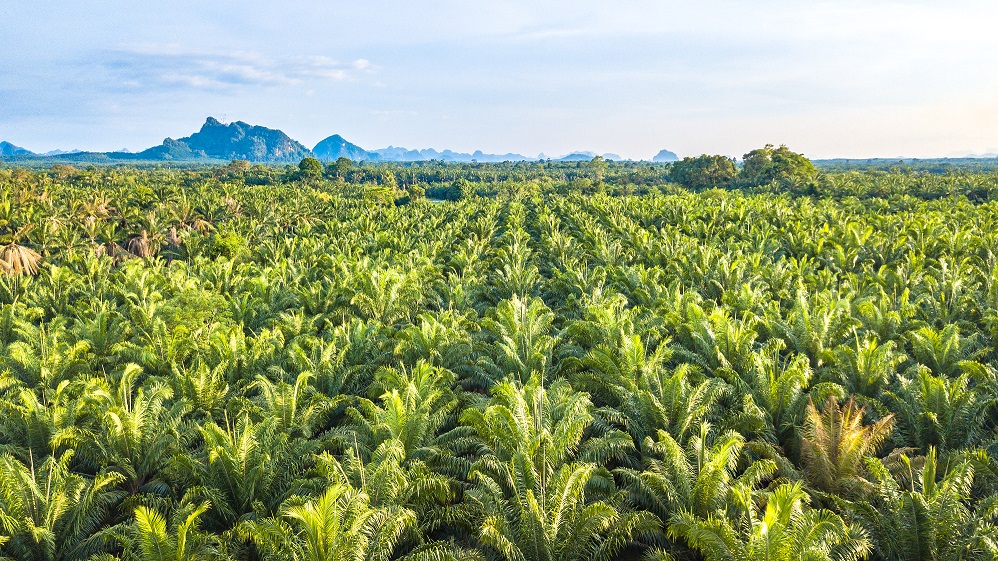MALAYSIAN plantation giants with significant footprint in Indonesia will be disadvantaged by virtue of not being able to fully capture the benefit of current strong crude palm oil (CPO) prices.
This follows the imposition of a new rule that makes it mandatory for palm oil producers in the country to sell 20% of their output to domestic refiners at fixed prices.
Such move is expected to be negative for Malaysian palm oil players, namely, TSH Resources Bhd, Kuala Lumpur Kepong Bhd, Sime Darby Plantation Bhd and Genting Plantations Bhd, according to PublicInvest Research.
“Coupled with the hefty CPO export tax and excise levy in Indonesia, the latest trade policy will likely further widen the average recorded CPO prices between Malaysia and Indonesia,” opined analyst Chong Hoe Leong in a plantation sector update.
The Domestic Market Obligation requirement which comes into effect today is a measure by the largest global palm oil producer to curb a rise in domestic cooking oil prices that have climbed about 40% year-on-year (yoy).
Following the news, CPO futures rallied to a fresh record intraday high of RM5,700/metric tonne (MT) before paring gains to close at RM5,587/MT.
The Indonesian mandate requires 20% of Indonesia’s palm oil exports to be sold domestically at a price ceiling of 9,300 rupiah/kg (US$0.65/kg) for CPO and 10,300 rupiah/kg (US$0.72/kg) for palm olein.
“The capped prices will see palm oil products to be sold domestically (in Indonesia) at steep discounts of RM2,715/MT for CPO and RM3,024/MT for palm olein,” observed PublicInvest Research.
“It is worth noting that Malaysian CPO and palm olein prices currently stand at RM5,700/MT and RM5,717/MT respectively. The (Indonesian) Trade Ministry expects the new policy to remain until cooking oil prices return to a stable condition like before.”
Indonesia is forecasted to export 33.2 million MT of CPO and palm kernel products for 2022. With the new restrictive policy in place, there will be a cut in Indonesian palm oil exports in the subsequent months as about 6.6 million mt or 12% of palm oil supplies will be wiped out from the global export markets.
This should result in further tightening of global palm oil supply which is already affected by the lack of new planting activities in recent years. – Feb 3, 2022









